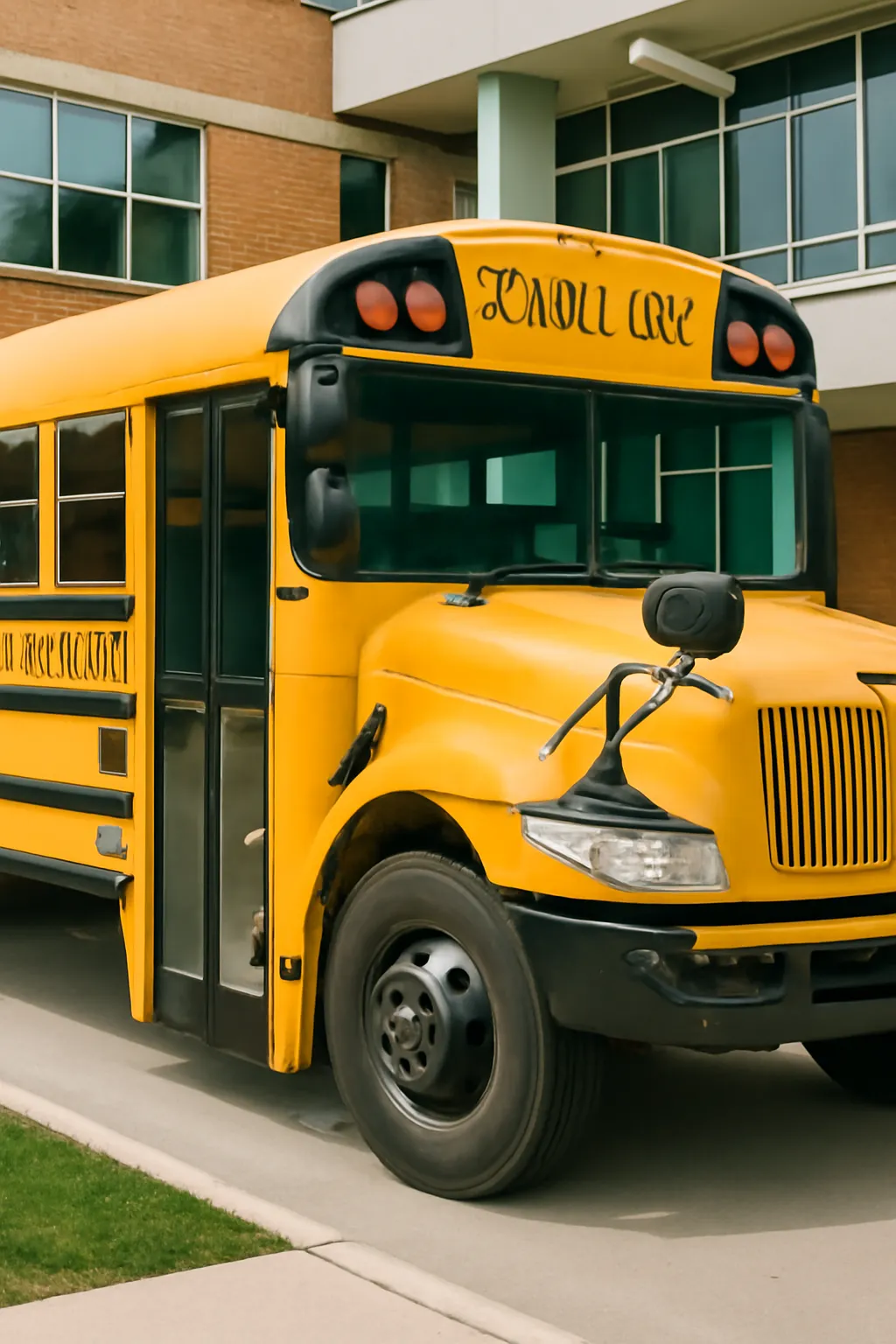Are you wondering about the cost of school bus fares for elementary students in South Korea? This guide covers rates in cities like Seoul, Busan, Gwangju, and more. Keep reading to find out how much it will cost for your child to ride the bus.
When it comes to ensuring the safety and convenience of getting children to school, school buses are an essential service for families across South Korea. However, with costs varying by location and other factors, many parents wonder about the price of school bus fares for elementary students. Whether you’re in Seoul, Busan, or a smaller city like Gwangju, the rates can differ quite a bit. This article breaks down what to expect when it comes to school bus fare for elementary school students in different regions of South Korea.
Gwangju Elementary School Student Bus Rate
Gwangju, a bustling metropolitan city located in the southwest of South Korea, has its own approach to managing school transportation. While the Gwangju Metropolitan City government strives to provide affordable options for families, the cost of school bus fare for elementary school students can vary depending on factors like the distance from the home to the school and the area’s infrastructure.
The average cost of a school bus ride for an elementary school student in Gwangju can range from 30,000 KRW to 60,000 KRW per month. This fare typically covers both morning and afternoon rides. For longer distances, the price may be on the higher end, while shorter distances may cost a little less. Some schools also offer discounts for siblings, making it more affordable for families with multiple children. It’s important to note that these rates may fluctuate depending on the specific district within Gwangju.
How to Pay Parents in Gwangju can pay for the school bus ride using cash, or sometimes through a prepaid bus card designed specifically for students. Some schools have adopted a system where payments are processed through online portals, making the payment process smoother.
If you’re planning to enroll your child in a school in Gwangju, it’s recommended to check directly with the school district for the most accurate and up-to-date information regarding bus fare.
Elementary School Bus Fees in Busan and Daegu
Both Busan and Daegu, two of South Korea’s major cities, have different methods for calculating the bus fares for elementary school students. Let’s take a closer look at each of them.
Busan Elementary School Student Bus Rate
In Busan, the second-largest city in South Korea, elementary school bus fares can range from 25,000 KRW to 50,000 KRW per month. The rates tend to be lower in districts closer to the schools, while outlying areas may see higher fees due to longer travel distances. Busan has made efforts to maintain affordable transportation, especially for students, by offering discounts or subsidies to low-income families.
Daegu Elementary School Student Bus Rate
Daegu, known for its rich history and vibrant culture, also offers school bus services. The rates in Daegu are slightly lower than those in Busan and range from 20,000 KRW to 45,000 KRW per month. In Daegu, there are many public schools that rely on city-provided buses, which helps keep prices consistent across neighborhoods. However, certain schools with larger student populations may require additional buses, slightly raising the rates.
Both cities also provide the option of paying with student bus cards, which can be topped up easily at convenience stores or online platforms. This makes it easy for parents to manage payments for the school bus service.
👉 Explore Busan and Daegu Rates 👈
Seoul and Gyeonggi-do Elementary School Bus Fare
When it comes to the capital city of Seoul and the surrounding Gyeonggi-do area, the school bus system is highly developed. However, this development comes with slightly higher fees compared to other regions.
Seoul Elementary School Student Bus Rate
In Seoul, one of the most densely populated cities in the world, the cost of an elementary school bus ride can range from 40,000 KRW to 70,000 KRW per month. The fare varies depending on the school district and the distance from the student’s home. Additionally, Seoul’s extensive public transportation network means that some students may opt to use public buses and subways to get to school, reducing the demand for private school buses.
Gyeonggi-do Elementary School Bus Fee
The Gyeonggi-do area, which surrounds Seoul, has similar pricing to that of the capital city. Elementary school bus fares in Gyeonggi-do generally range from 35,000 KRW to 60,000 KRW per month. The rates are again influenced by proximity to Seoul and the density of the local population. Families in more rural parts of Gyeonggi-do may face higher transportation fees due to the longer travel times.
How Payments Are Made
Both Seoul and Gyeonggi-do typically use an electronic payment system, where parents can manage the payments online. Most schools have integrated payment systems where parents can pay using credit cards, bank transfers, or even mobile payment apps. The convenience of online payments is a significant advantage for busy parents.
👉 Learn More About Seoul Bus Fares 👈
Conclusion
School bus fares for elementary students in South Korea vary by region and depend on factors like distance, population density, and the local transportation system. While cities like Seoul and Gyeonggi-do have slightly higher rates due to their large size and more developed infrastructure, smaller cities like Daegu and Busan offer more affordable options. Understanding the cost breakdown and payment methods can help families plan better and manage school bus expenses.
If you’re considering school bus options for your child, it’s important to check with local school districts to get the most accurate and current information on fees. Be sure to take into account any discounts or subsidies available to make the school bus service more affordable.






